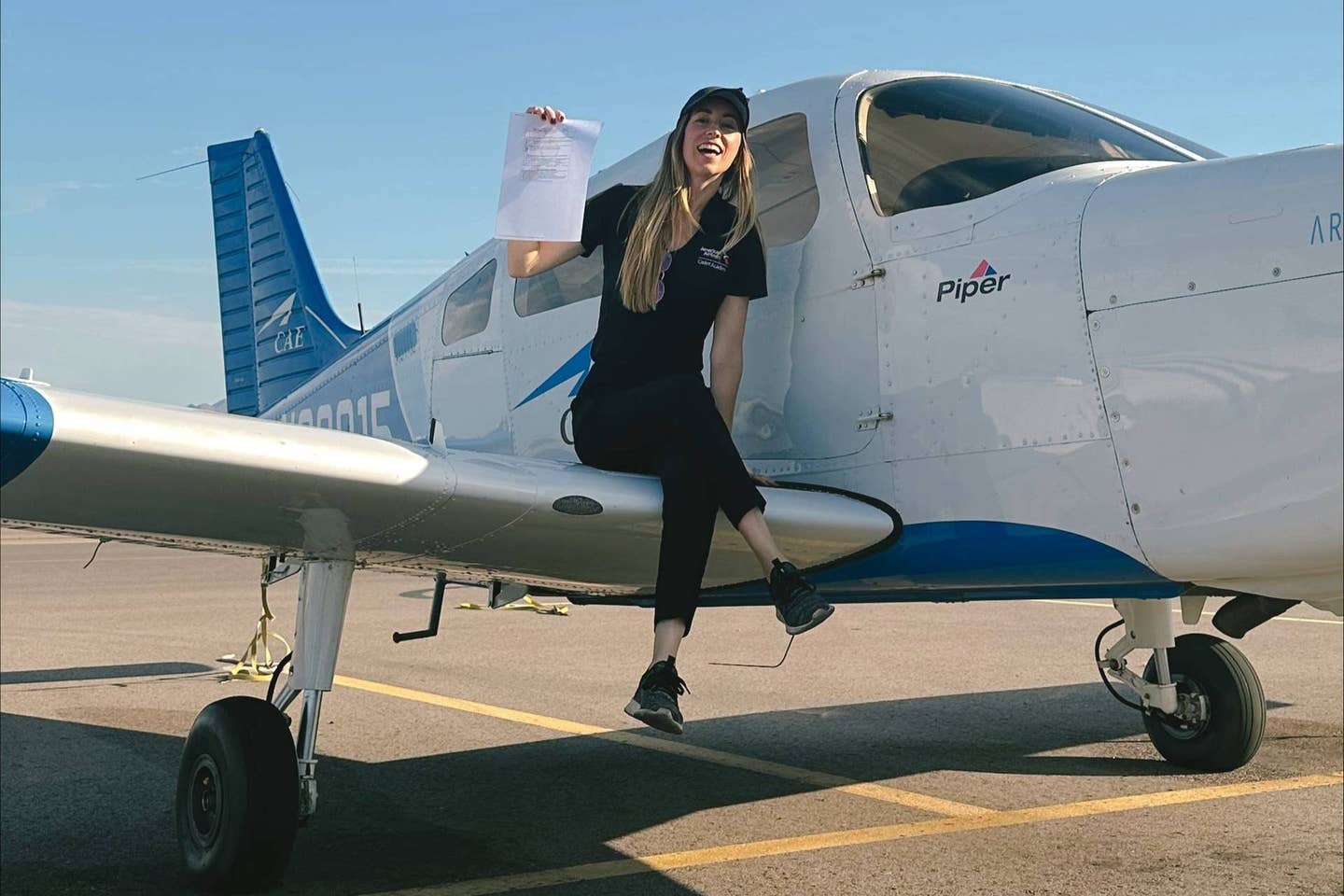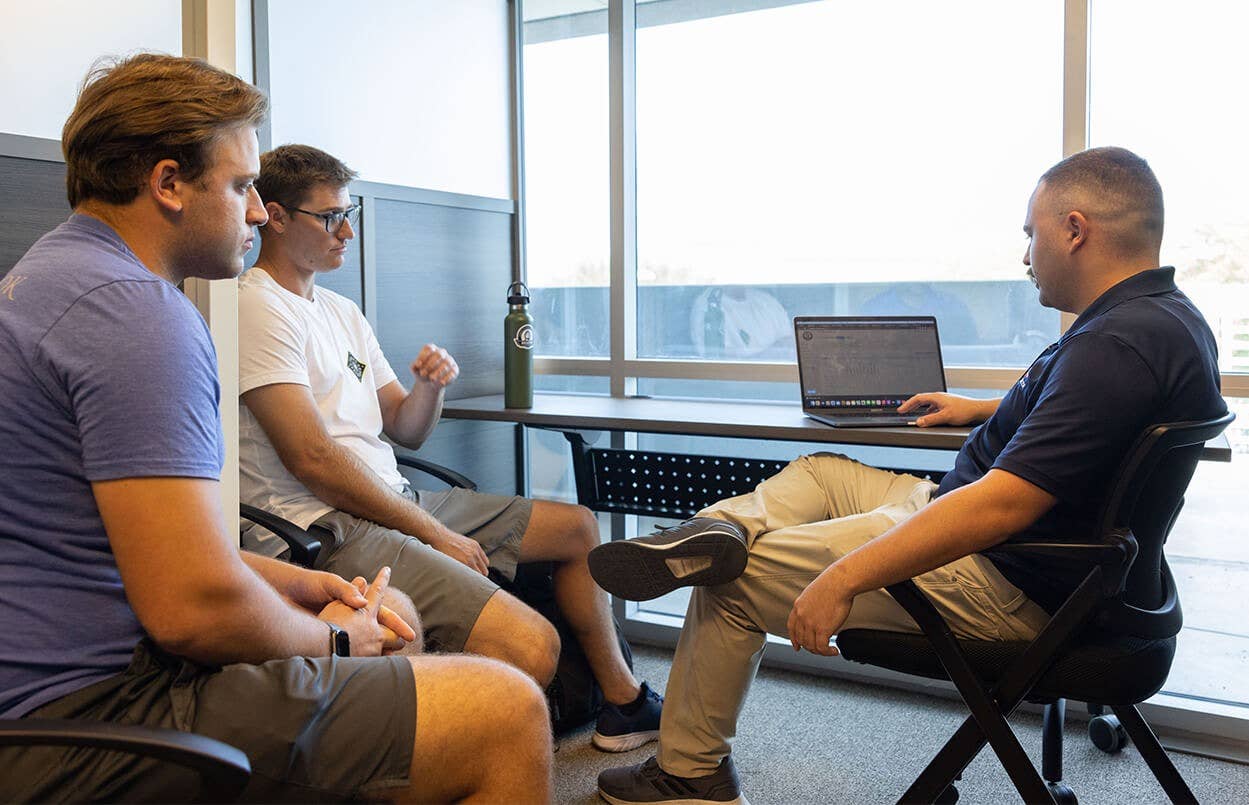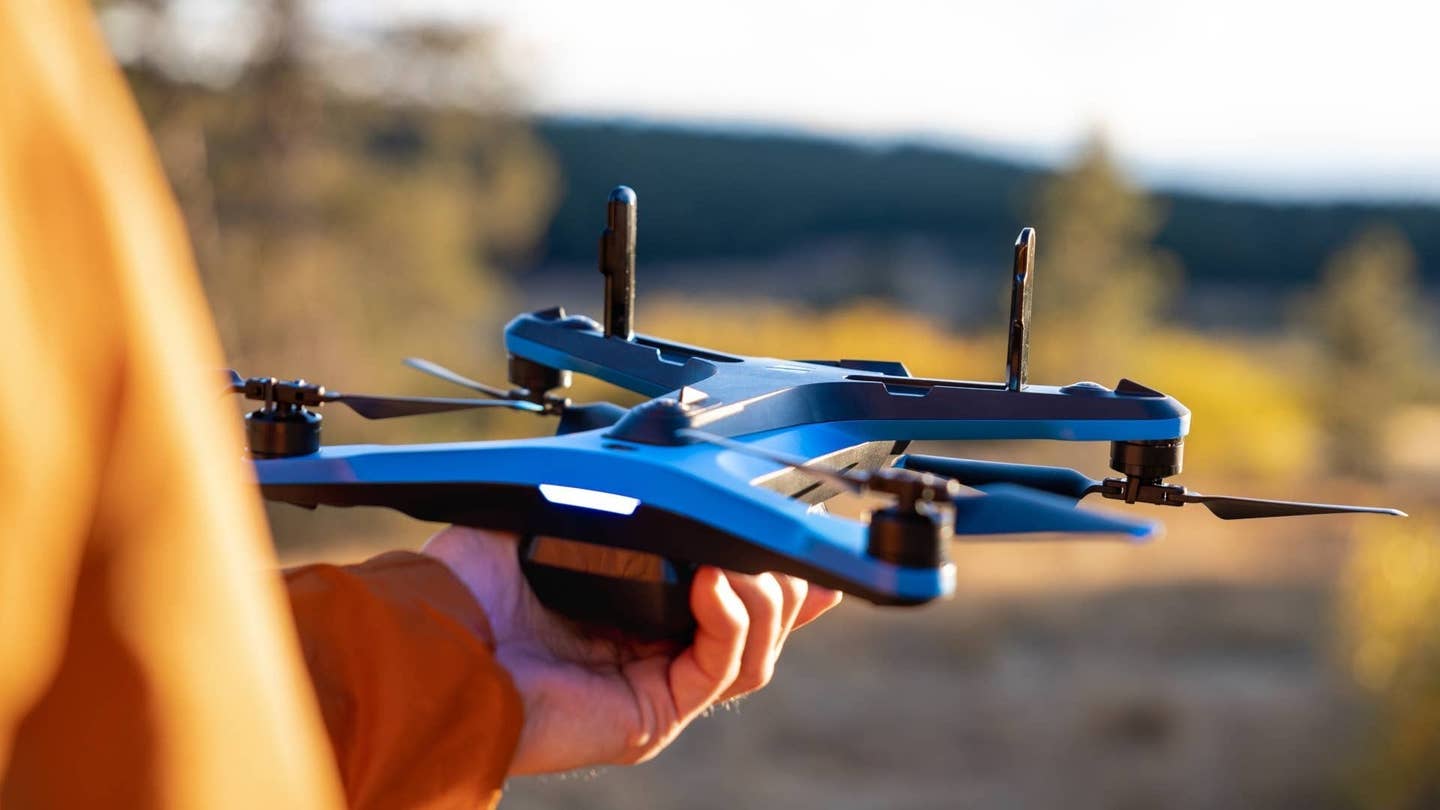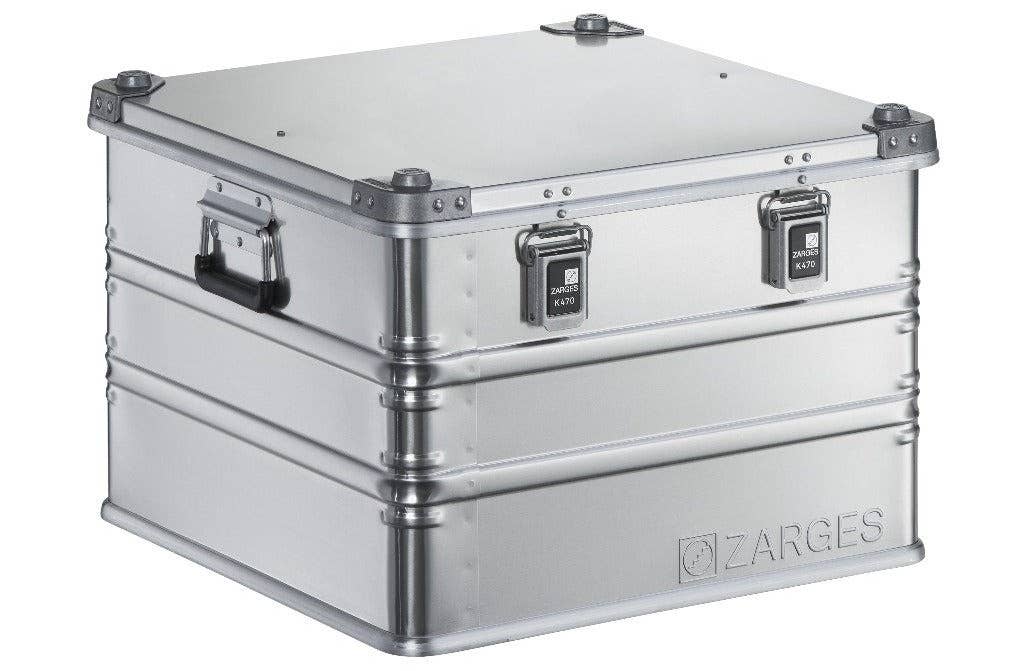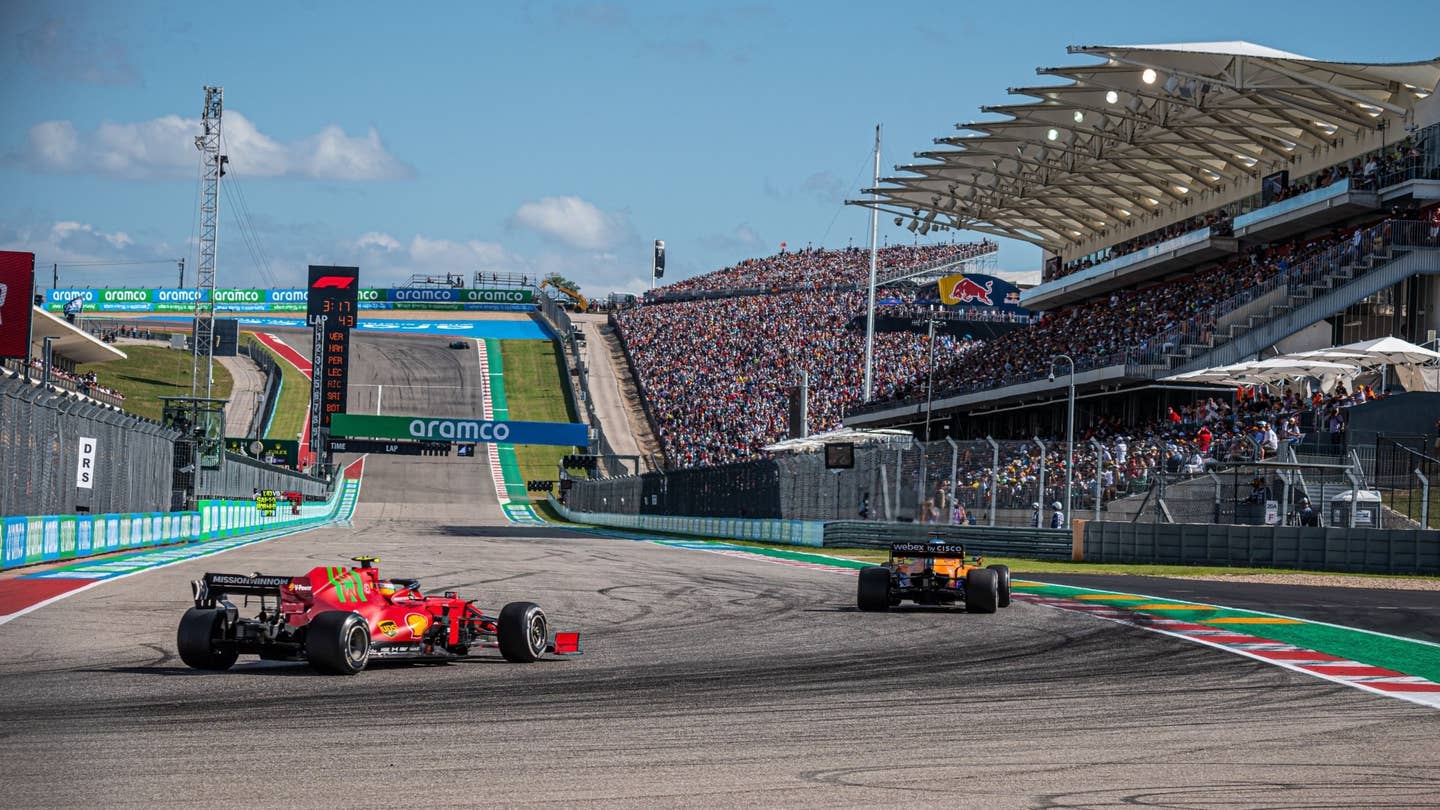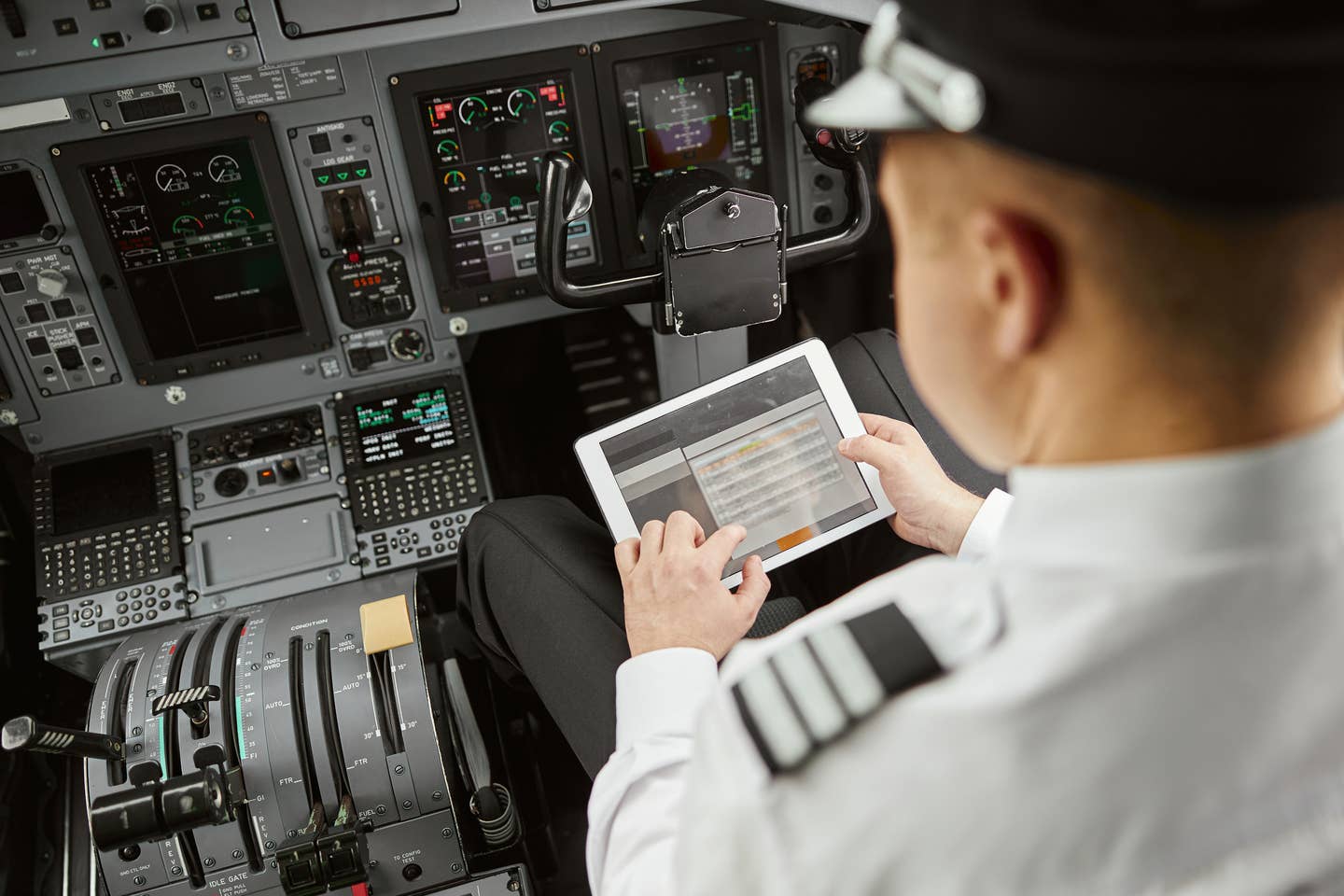
How To Get a Commercial Pilot Certificate [Credit: iStock]
Earning your commercial pilot certificate will look different for someone starting from scratch than for someone already holding their private pilot license. While it can be a long process, becoming a commercial pilot is a fun and rewarding adventure. Becoming a commercial pilot can allow you to become a flight instructor which is a great way to continue earning your hours to become an airline transport pilot, or ATP. Whether you’re looking for a career as a commercial pilot or if you’re hoping to go farther, earning your commercial pilot certificate is well worth the investment!
13 hours of in-depth video training to thoroughly prepare you for both the checkride and to operate safely as a Commercial Pilot
View CourseWhat Is a Commercial Pilot?
A commercial pilot is a pilot who has completed the necessary requirements and earned their commercial pilot certificate.
What Does a Commercial Pilot do?
A commercial pilot could be a charter pilot, flight instructor, air ambulance pilot, agricultural pilot, and much more. While a commercial pilot cannot fly for major transportation airlines, there are many other jobs available to those with a commercial pilot certificate.
Commercial Pilot Certificate Requirements
- Must be at least 18 years old
- Must hold current and valid FAA 2nd class medical certificate
- Must be able to read, write, speak, and understand English
- Must have private pilot license or meet requirements
- Must take and pass FAA commercial pilot test
- Must complete minimum flight training requirements
- Must take and pass checkride with FAA examiner
What Is the Difference Between Commercial Pilots and Airline Pilots?
While commercial pilots and airline pilots have much of the same flight training, there are more requirements needed to become an airline pilot. As a commercial pilot, you may earn compensation for flying, but you are not yet able to fly for a transportation airline. Commercial pilots are only required to hold a 2nd class medical certificate while airline pilots must hold a 1st class. Commercial pilots are often required to have a minimum of 250 - 500 flight training hours while airline pilots have 1,000 - 1,500. The jobs you are eligible for vary greatly depending on if you hold a commercial pilot certificate or if you have your airline transport pilot license.
5 Steps to Get a Commercial Pilot Certificate
Keep your aviation career on the right path by following the proper steps towards earning your commercial pilot certificate!
Step 1: Understand the Eligibility Requirements
Before diving into a career in aviation, ensuring you are eligible to fly commercially is a crucial step that can save you time and money. You must be at least 18 years old to earn your commercial pilot certificate. While flight training from previous pilot certificates may be accrued already, additional flight training and hours are also required. Among other requirements, you must obtain your 2nd class medical certificate to become a commercial pilot.
Step 2: Obtain a 2nd Class Medical Certificate
Obtaining your 2nd class medical certificate is a good step to complete early on in your commercial flight training. A private or recreational pilot may be required to earn and carry their 3rd class medical, but your commercial pilot certificate is slightly more demanding. Making sure you’re cleared to fly is incredibly important, it’s recommended to look into your medical requirements in the very beginning of your flight school or training.
Step 3: Take the FAA Written Exam
Studying for, taking, and passing the FAA commercial pilot test is the next step in earning your commercial pilot certificate. You are given 180 minutes to complete the 100 question test. You must receive at least a 70% to have a passing grade. The knowledge test may be retaken after 30 days if needed.
Step 4: Start Flying and Logging Flights
Additional flight training is required to earn your commercial pilot certificate, but this is where the fun really begins! While you have likely already accrued a large chunk of flight hours for your private pilot license, becoming a commercial pilot will teach you additional maneuvers and more. You must log 50 hours of cross country flights, 100 hours of being the pilot in command, 10 hours of instrument training, and 10 hours of Technically Advanced Airplane training. These are minimum hours for the commercial pilot certificate.
Step 5: Take Your Checkride
After you successfully log all your flight hours and pass your FAA written exam, you are likely ready to take your checkride. Your flight instructor will help guide you as to when you are prepared for the checkride. Your checkride will involve both an oral and flight test with an FAA examiner. The instructor will be checking to make sure you’re confident and prepared to safely fly commercially! After you pass your checkride, you are ready to be a commercial pilot!
Advance In Your Flying Career Today!
When you’re ready to further your career in aviation and looking to earn your commercial pilot certificate, taking the right steps keeps things simple along your way there. Becoming a commercial pilot is a dream for many and can open a number of doors, but earning your commercial pilot certificate is also a great step towards becoming an airline pilot. While earning your commercial pilot certificate is an incredible feat, you don’t have to stop there. You can become a commercial pilot and continue working towards a career as an ATP as well! When considering your options for pilot certificates, get all the information you need from FLYING Magazine! Subscribe today and stay in the know about aviation happenings around the world!
FAQ
How much do pilots make?
The average salary for commercial pilots in the United States is $85,103.
How much is a commercial pilot's license?
How much your commercial pilot’s license costs will vary depending on your experience. Starting from the beginning, it costs around $84,000 to complete the training required to earn your commercial pilot certificate.
Is becoming a pilot worth the cost?
While being a commercial pilot in some areas of the country may only earn you an average annual salary of $51,000, you could earn up to $142,000 in others. Earning your commercial pilot certificate can certainly be worth the cost if a career in aviation is what you’ve been dreaming of!

Sign-up for newsletters & special offers!
Get the latest FLYING stories & special offers delivered directly to your inbox


